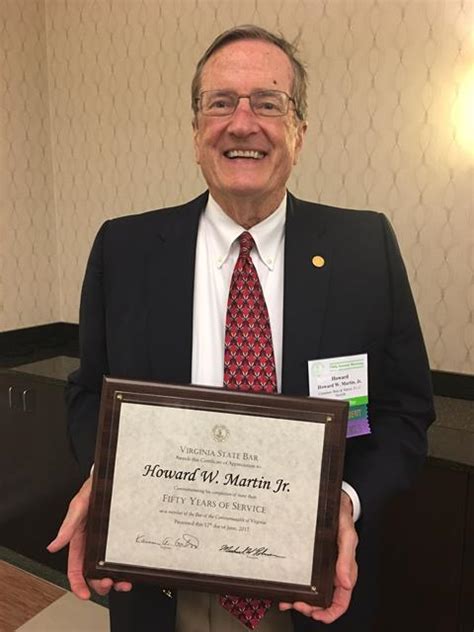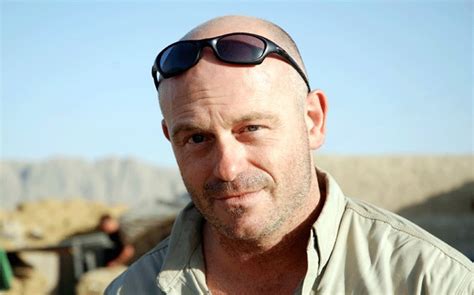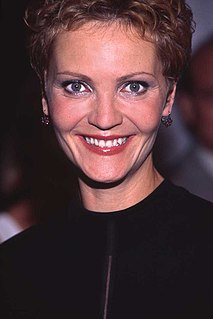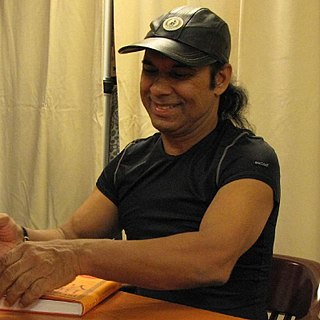A Quote by Jill Bolte Taylor
It takes 90 seconds from the time we have a thought that is going to stimulate an emotional response. When we have an emotional response it results in a physiological dumpage into our bloodstream. It flushes through and out of our body in less than 90 seconds.
Related Quotes
When we consciously choose a core heart feeling over a negative feeling, we effectively intercept the physiological stress response that drains and damages our systems and allow the body's natural regenerative capacities to work for us. Instead of being taxed and depleted, our mental and emotional systems are renewed. As a consequence, they are better able to ward off future "energy eaters" like stress, anxiety and anger before they take hold.
I want to create a rapid response team, right around the world, perhaps starting originally with our partners, similar to the one we have in the United Nations whereby, where there's a problem in our society which demands a compassionate response, an educated, informed, not just a splurgy emotional thing, but an informed compassionate response that puts yourself in the position of the other and sees all sides of the problem, not just your own, there'll be somebody poised in each society who can write to the media, write an op-ed piece, to go on TV or radio.
If the estimated age of the cosmos were shortened to seventy-two years, a human life would take about ten seconds. But look at time the other way. Each day is a minor eternity of over 86,000 seconds. During each second, the number of distinct molecular functions going on within the human body is comparable to the number of seconds in the estimated age of the cosmos. A few seconds are long enough for a revolutionary idea, a startling communication, a baby's conception, a wounding insult, a sudden death. Depending on how we think of them, our lives can be infinitely long or infinitely short.
When I read something, first I have an instinctual, emotional response to it. But of course, acting isn't only just feeling an instinct for what's going on in the moment with the character. You have to be able to carve it out and consider, follow, and create the whole journey that the character you play is going through.


































